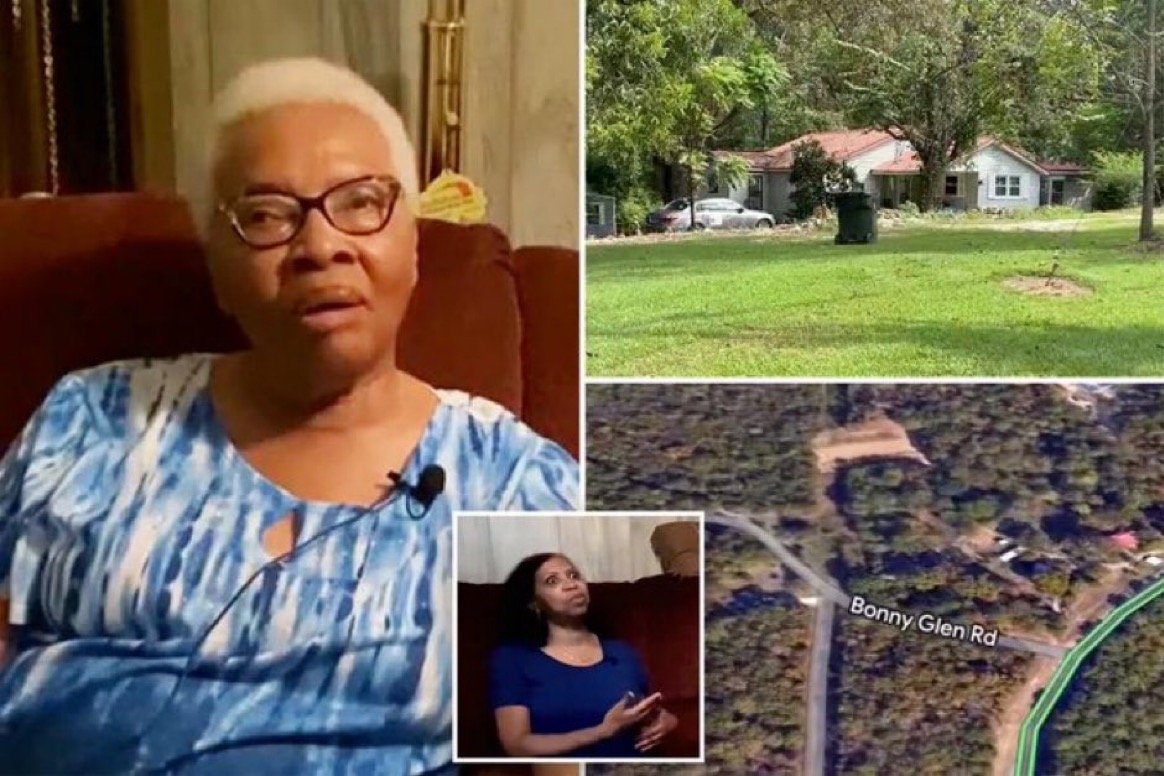In a shocking turn of events, investigators have uncovered a scheme that preyed on the trust of thousands, leaving a community devastated and questioning the authenticity of reality television. A couple, who appeared on the OWN network's "Family or Fiance," allegedly manipulated their appearance on the show to lure victims into a fraudulent scheme. The aftermath reveals a disturbing exploitation of trust, leaving nearly 8,000 victims, predominantly African Americans, with financial losses and shattered faith.
The couple, who positioned themselves strategically in the "Water" position, a move that secured the majority of the proceeds each month, orchestrated a scheme that yielded approximately $10 million. By doing so, they effectively marginalized other participants, leaving them with meager returns. The victims, unsuspecting and trusting, believed in the purported familial and financial guidance offered by the couple on the reality show.
It's disheartening to note that a significant portion of the victims belonged to the African American community, a group that has historically faced systemic challenges and, at times, been disproportionately targeted by scams. The perpetrators leveraged the vulnerability of these individuals, exploiting a sense of community and shared experiences to gain trust.
The couple's appearance on "Family or Fiance" adds a layer of complexity to the deception. Reality television is often seen as a platform for genuine stories, showcasing the highs and lows of real-life experiences. Exploiting this trust, the duo not only targeted a wider audience but also sought to enhance their credibility by associating themselves with a popular network. This raises questions about the responsibility of reality TV platforms in vetting participants and ensuring the authenticity of the stories they broadcast.
As authorities delve into the case, the couple could face severe legal consequences for their actions. Fraud, misrepresentation, and financial exploitation are serious offenses that not only harm individuals but also erode the fabric of trust within communities. The legal process will be crucial in delivering justice to the victims and sending a strong message about the consequences of such deceptive practices.
In the aftermath of this scandal, the affected community faces the daunting task of rebuilding trust. Initiatives to educate individuals about financial literacy and scams, coupled with support networks, can contribute to healing and preventing future exploitation. Additionally, reality television networks must reassess their vetting processes to ensure that participants are genuine and their stories are not fabricated for personal gain.
The unraveling of this deceptive scheme highlights the darker side of reality television, where individuals exploit the trust of viewers for personal gain. As investigations progress and legal actions take shape, it is essential to reflect on the impact of such scams on communities and the need for vigilance in an age where appearances can be deceiving.






















